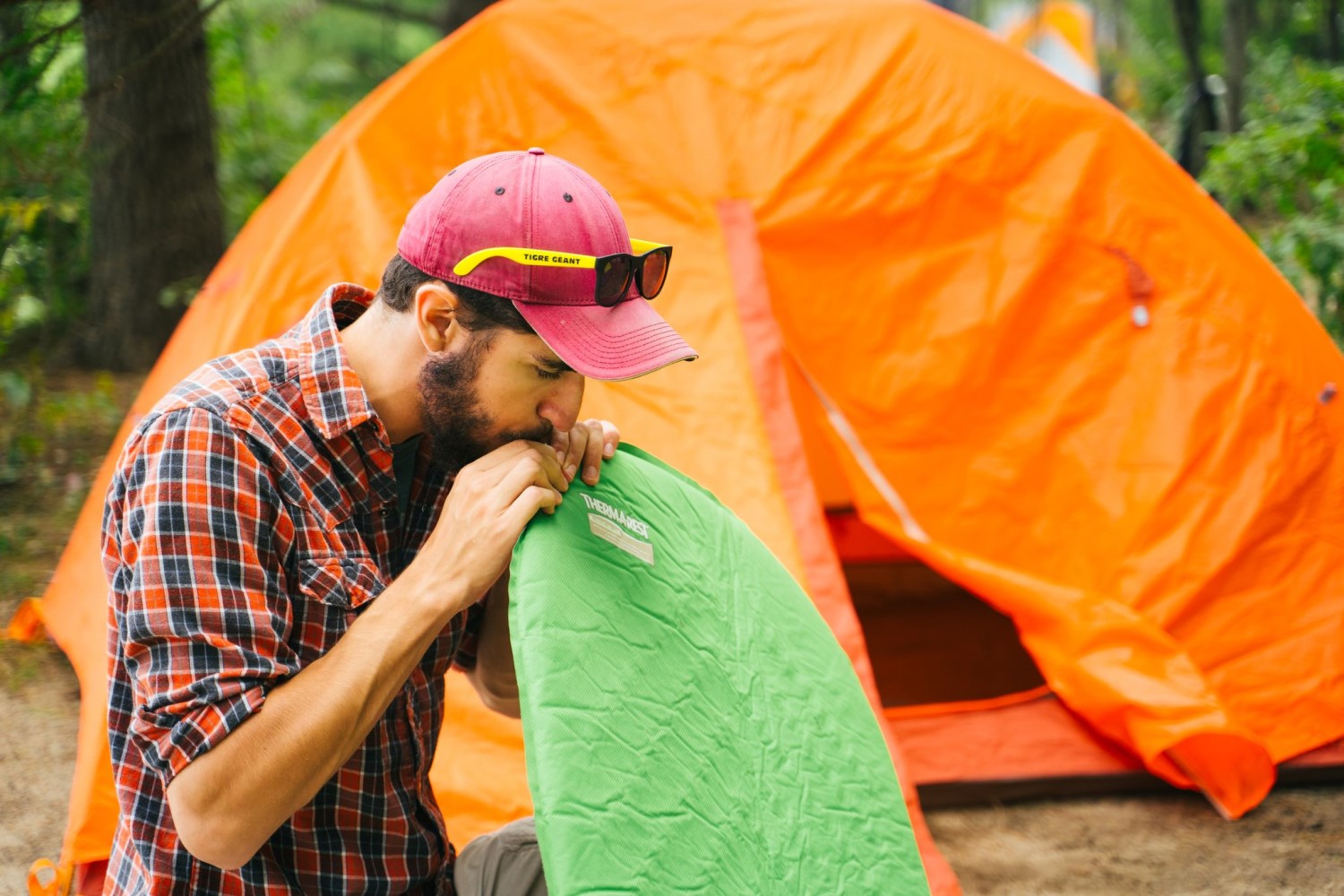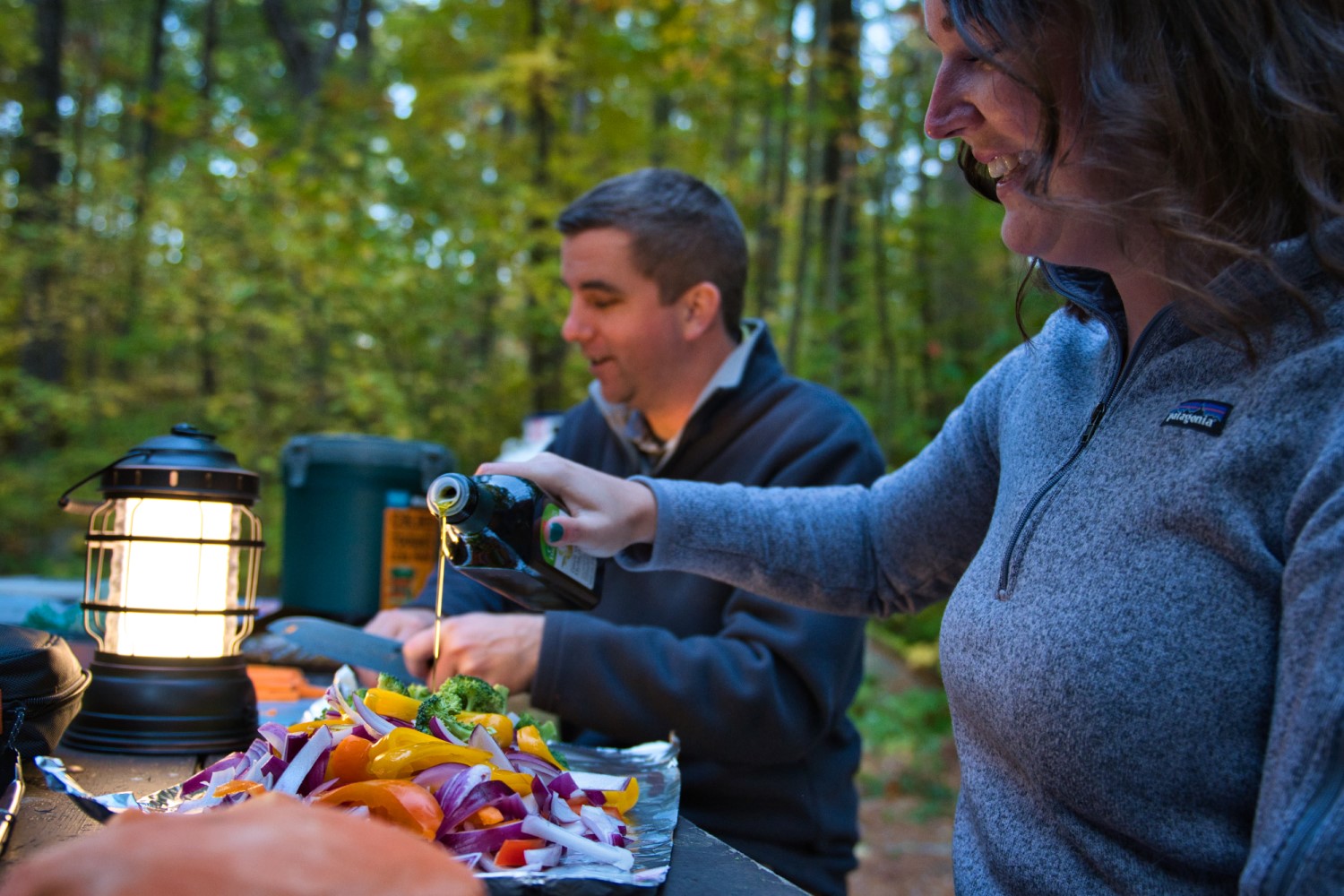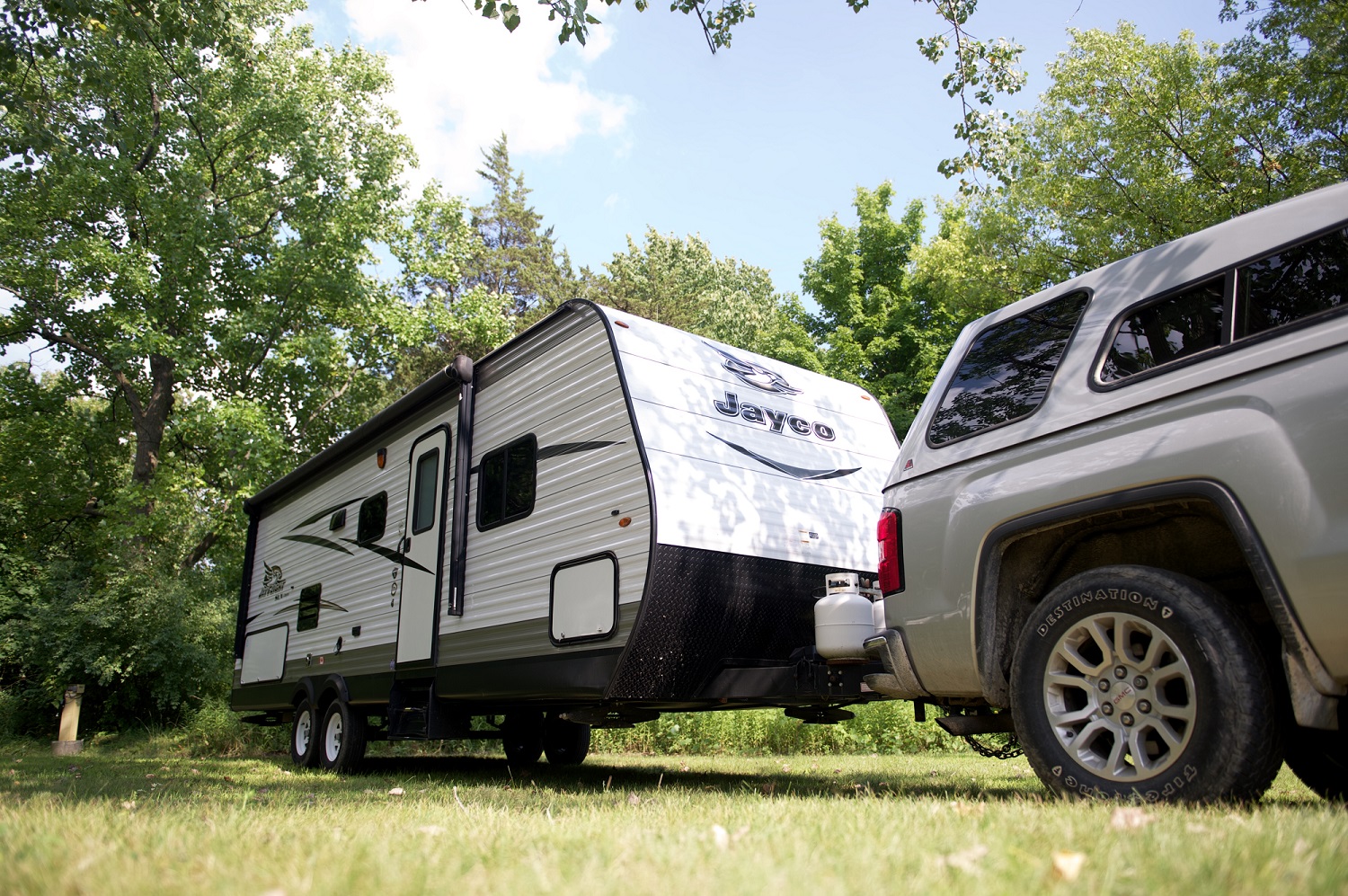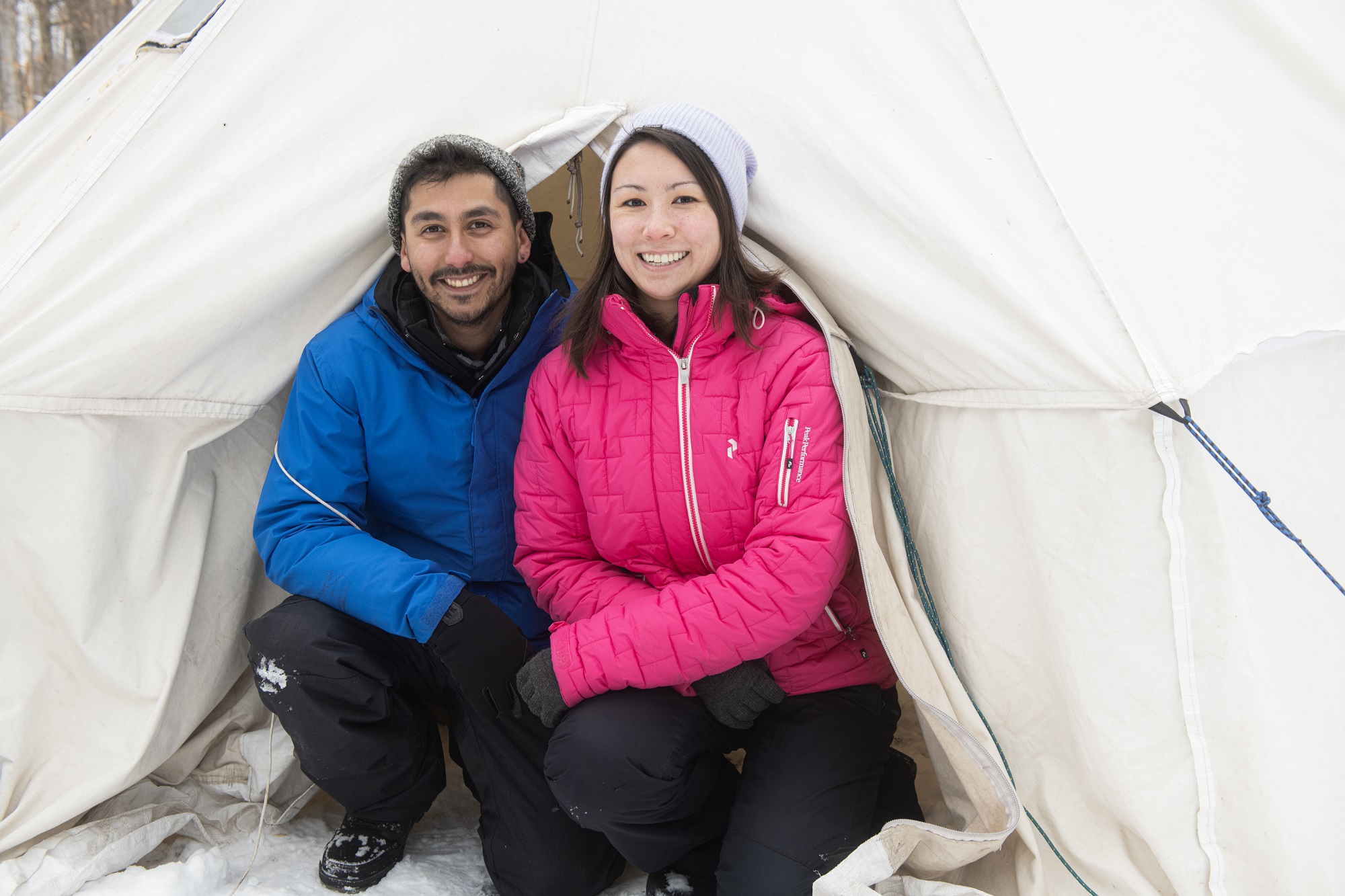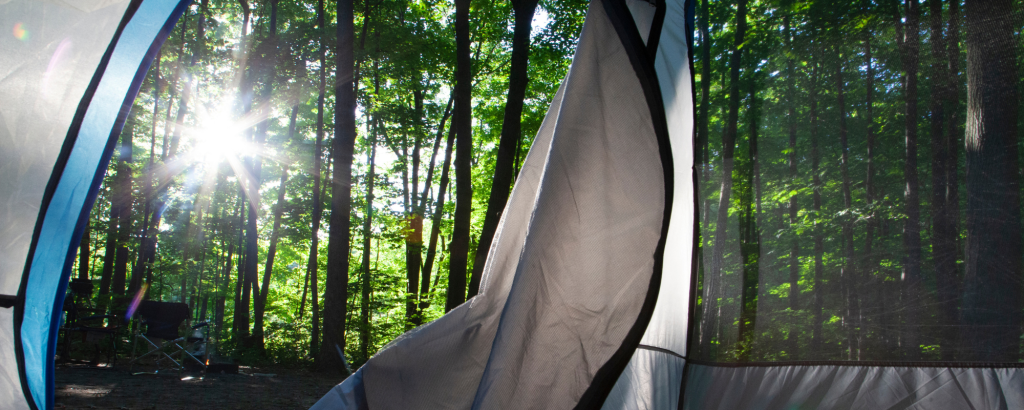
Today’s post comes from Marketing Development Specialist Megan Birrell.
“Why would I want to camp without electricity?” you ask.
I hear you. It can seem a lot easier to stay plugged in than to leave the grid while you camp.
But I’ve recently converted my friends to the non-electric life, and here are some of the reasons they decided to give it a try:
~
1. It’s less expensive than electric sites
Did you know non-electric campsites cost less than electric sites at provincial parks?
The difference is roughly $5 per night.
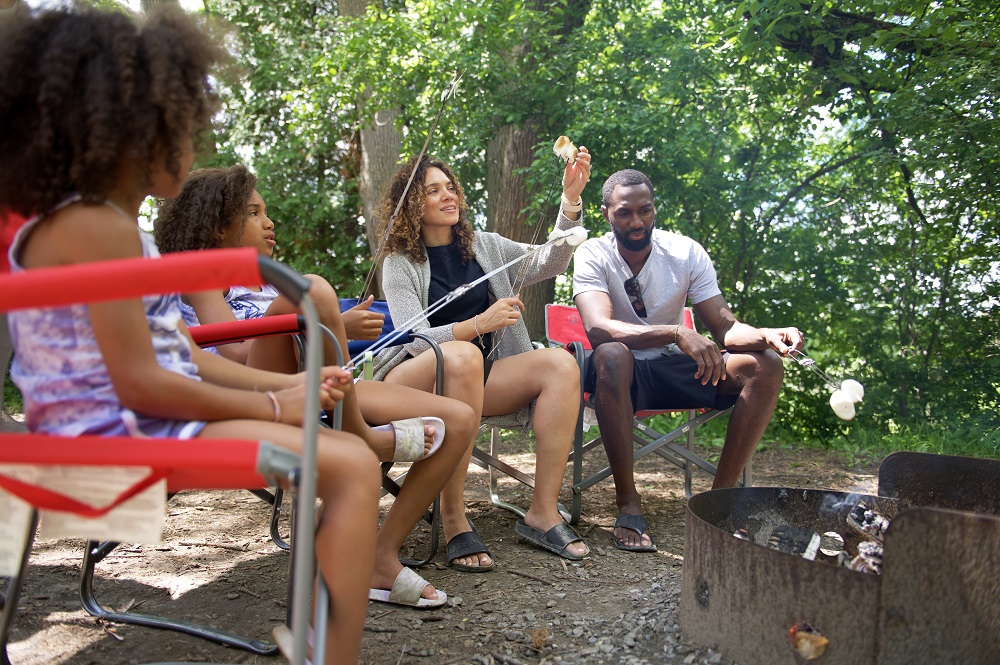
While a single night doesn’t mean major savings, making the switch can really add up, especially if you’re planning a busy camping season or a long adventure (like the boreal driving route)!
~
2. It’s easier to get a site
Many campers prefer electric camping, so those sites often get booked first. There are also fewer electric sites than non-electric, making them harder to secure.
But if you open your heart (and search filters) to non-electric sites, you’ll find way more options!
While electric sites quickly fill up months in advance, you can often find a non-electric site for a quick weekend getaway mid-summer.
This means more fun, more flexibility, and more adventures!
Did you know there are some parks that don’t have any electric sites at all? That means the only way to experience them is by booking non-electric sites.
Think of all the parks you’d miss out on if you didn’t consider non-electric camping!
~
3. It’s a more natural experience
My most recent stay at Six Mile Lake Provincial Park made me realize that non-electric campgrounds are typically more serene.
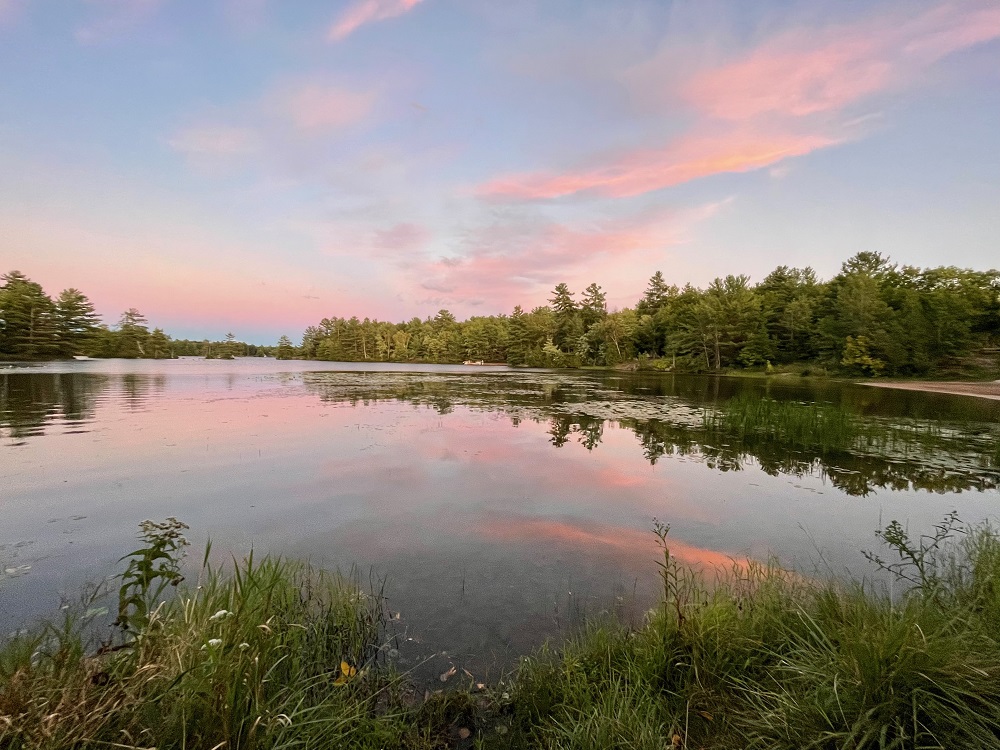
I also noticed that without strings of plugged-in lights, the park seemed darker at night, making the stars even more beautiful.
~
4. It’s a step in the backcountry direction
Do you have a trip to Quetico Provincial Park‘s, Frontenac Provincial Park’s, or Algonquin Provincial Park‘s backcountry on your bucket list, but don’t know where to start?
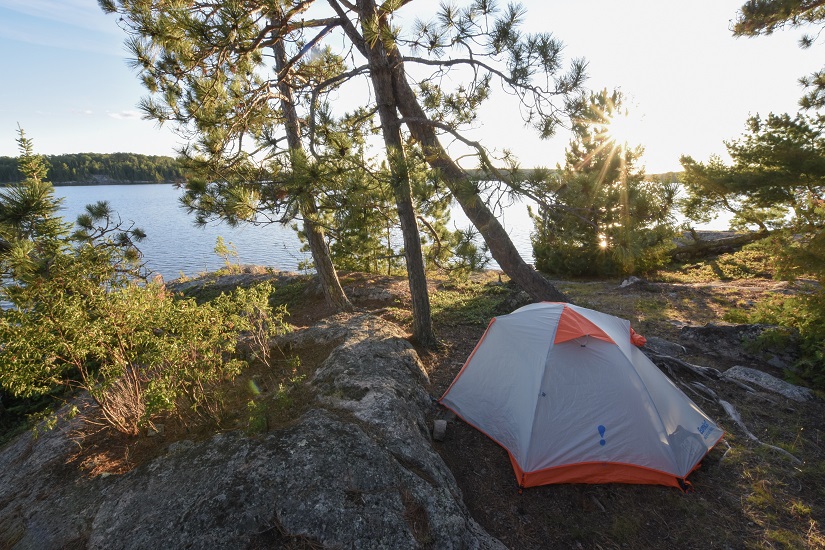
Getting comfortable with non-electric camping is a great first step for preparing for trips that require less access to amenities and the grid.
There’s a lot more to learn before you can safely head out on a backcountry trek, but camping without electricity is a great set of skills to lock down as a first step.
~
How to go unplugged
Now that you know why you should try non-electric camping, you need to know how to do it!
My number one tip for non-electric camping is plan ahead.
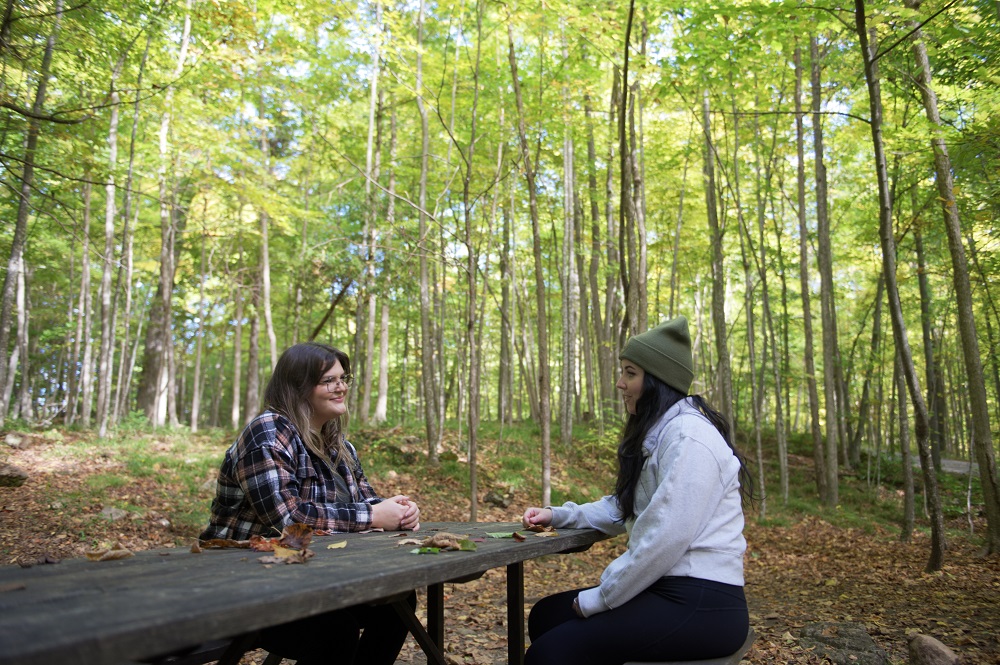
Think of everything you do during a typical day at your campsite. Consider what activities require electricity and then think of a way around it.
Here are some common non-electric camping swaps you can make:
~
Setting up
Camping is already an activity that doesn’t require a lot of electricity, making this an easy swap!
Anything that needs to be pumped up like a floatie or air mattress can be done with a 12V car air pump, battery air pump, or a powerful set of lungs.
Considerate camper tip: if you’re setting up in the dark, don’t use your car’s headlights to illuminate your site.
Instead, opt for headlamps. Your neighbors will thank you.
~
Cooking
Can’t use an electric toaster? Try a camp stove toaster.
The toast might not be the same, but it’ll have a unique-to-the-experience flavour of fire-roasted toast. Swap a plug-in kettle for one that can heat over the fire (these are also great for warming large amounts of water for dishes).

I’m a firm believer that coffee is key to any great camping trip. My group has tried several alternatives to countertop coffee machines.
So far, the french press has been a standout for us, but other popular choices include pour over, percolators, and instant. The world of camping coffee is a fun one to explore!
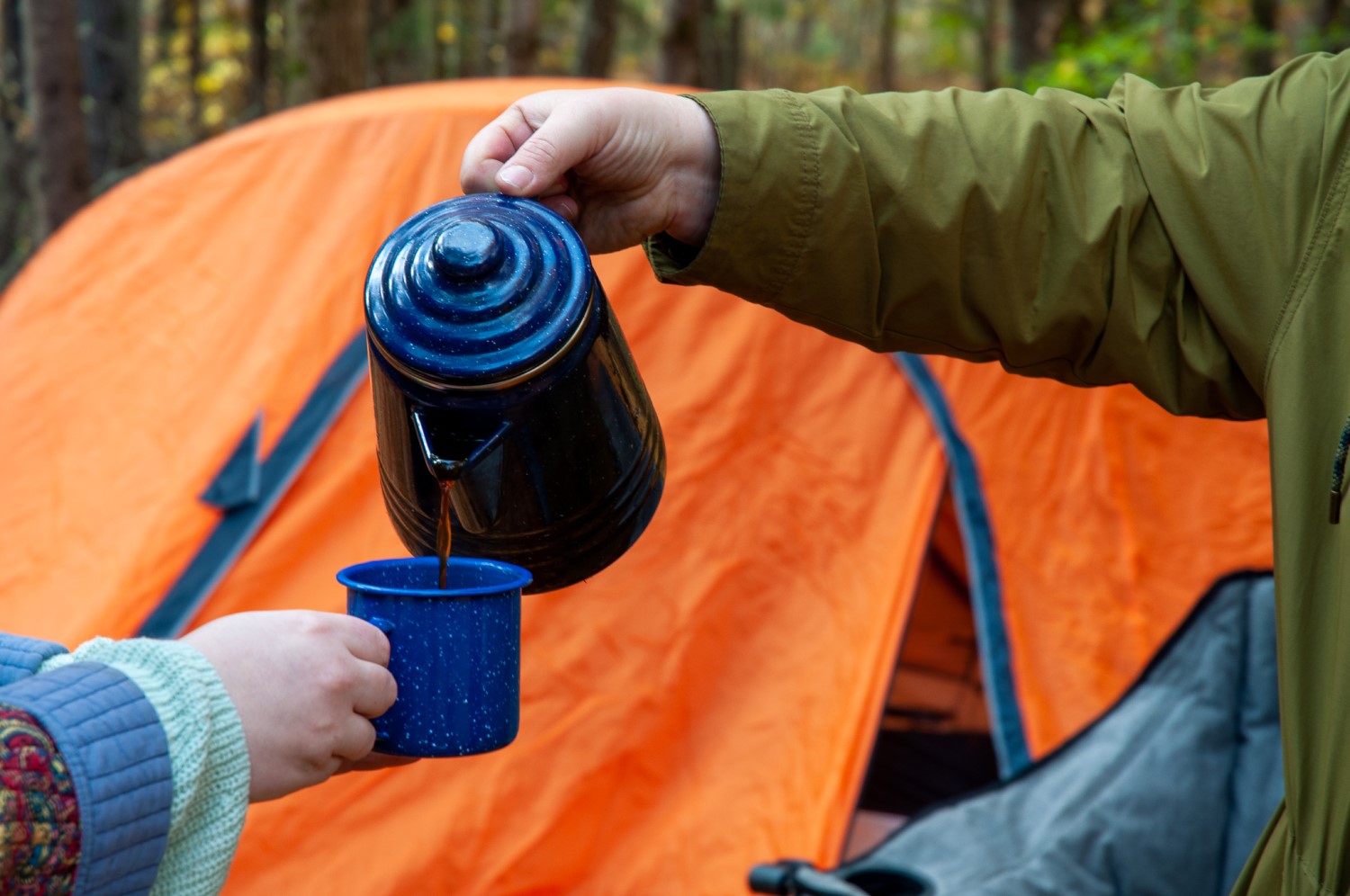
If you are unsure about cooking over a fire, there are lots of options for portable propane stoves on the market.
These cooking stations are easy to set up and require fuel, but not electricity.
Before you head out, make sure that the park you are heading to doesn’t have any fire or equipment restrictions in effect.
~
Electronics and lights
Even your electronics can handle a weekend without a electric hookup! When you’re camping sans power (or even backcountry camping), portable chargers are your friend.
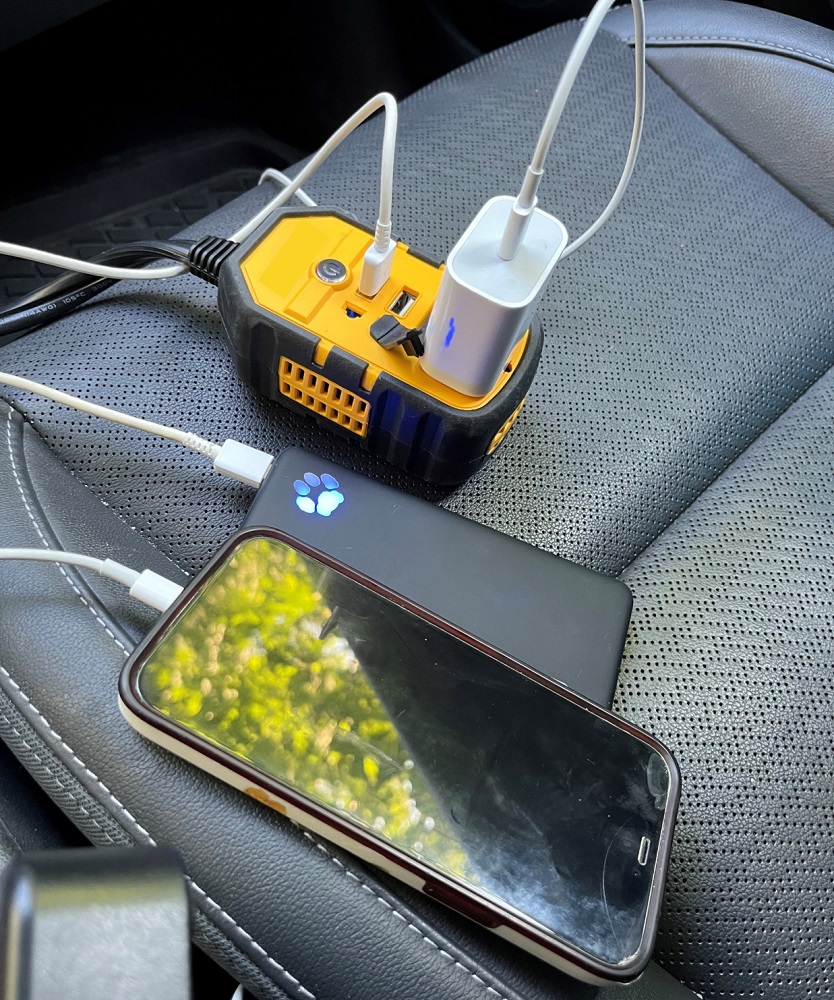
Make sure they’re charged before you head out. Better yet, get a solar portable charger that can recharge in the sun!
Power invertors can also turn your car into a electric hookup.
I recommend using one with a USB and three-prong outlet to charge items like camera batteries.
Just make sure to be driving while these things are charging so you don’t kill your car battery (a great opportunity to head into town or drive to a nearby attraction).
I use a crank/solar rechargeable radio for music by the fire when not on a radio-free site.
The best part is many of these speakers can also charge other devices like phones.
There are plenty of options for lighting up your site! I recently discovered waterproof solar string lights are great for adding a soft glow without creating a spotlight on your site.
A classic camping staple, propane lanterns, don’t require an outlet. Most flashlights and small tent lights only need batteries.
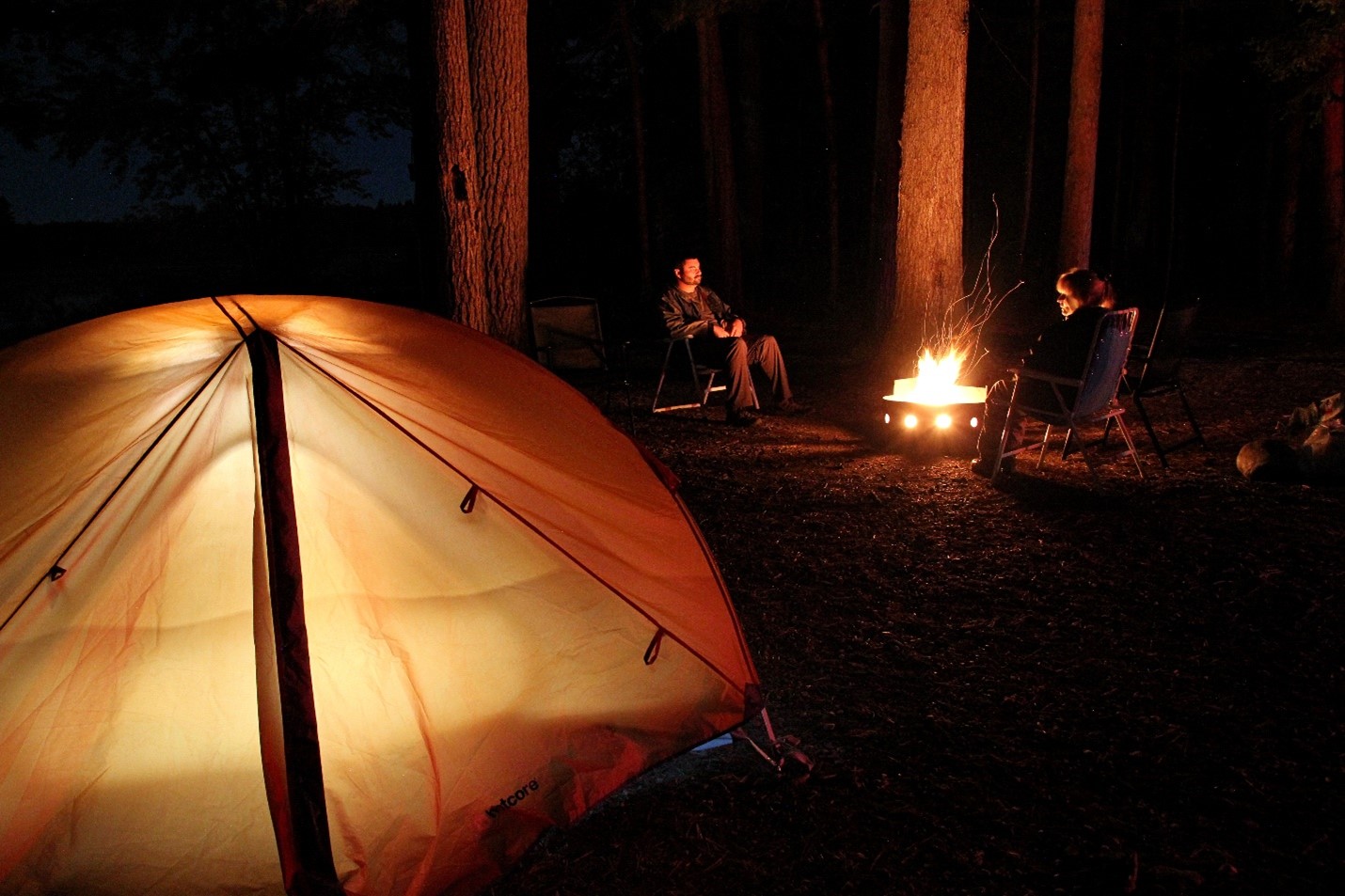
Camping is about disconnecting from the world and reconnecting with nature.
Instead of sitting by the fire on your phone, bring a book or an instrument. Or sit back and take in the sights and sounds of the space you are in.
With more site options, serene spaces to recharge your internal battery, and lots of solutions for your cooking and lighting needs, non-electric camping is a great addition to your camping plans.
Think of this adventure as an opportunity to unplug, put technology aside, and spend time with family and friends in nature.
~

